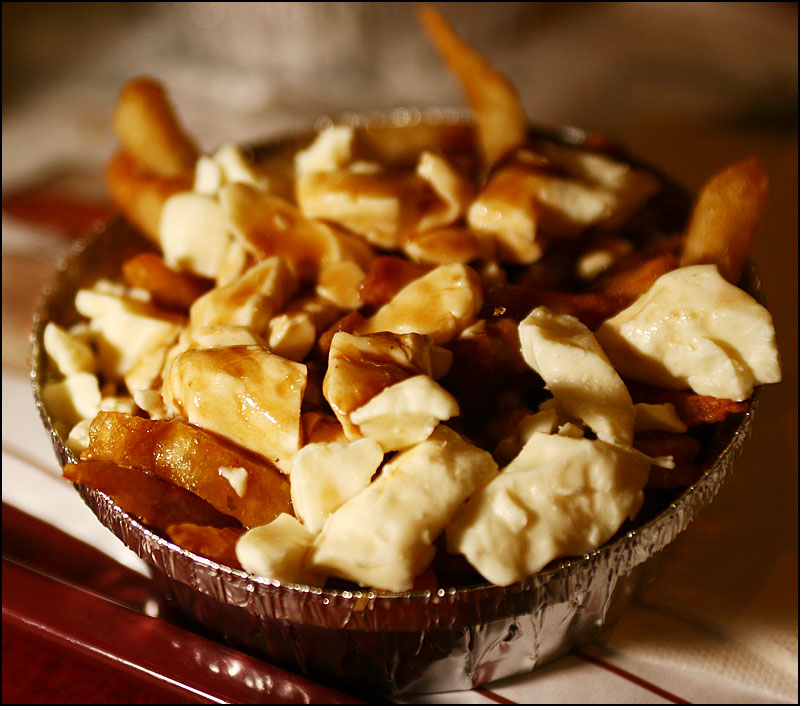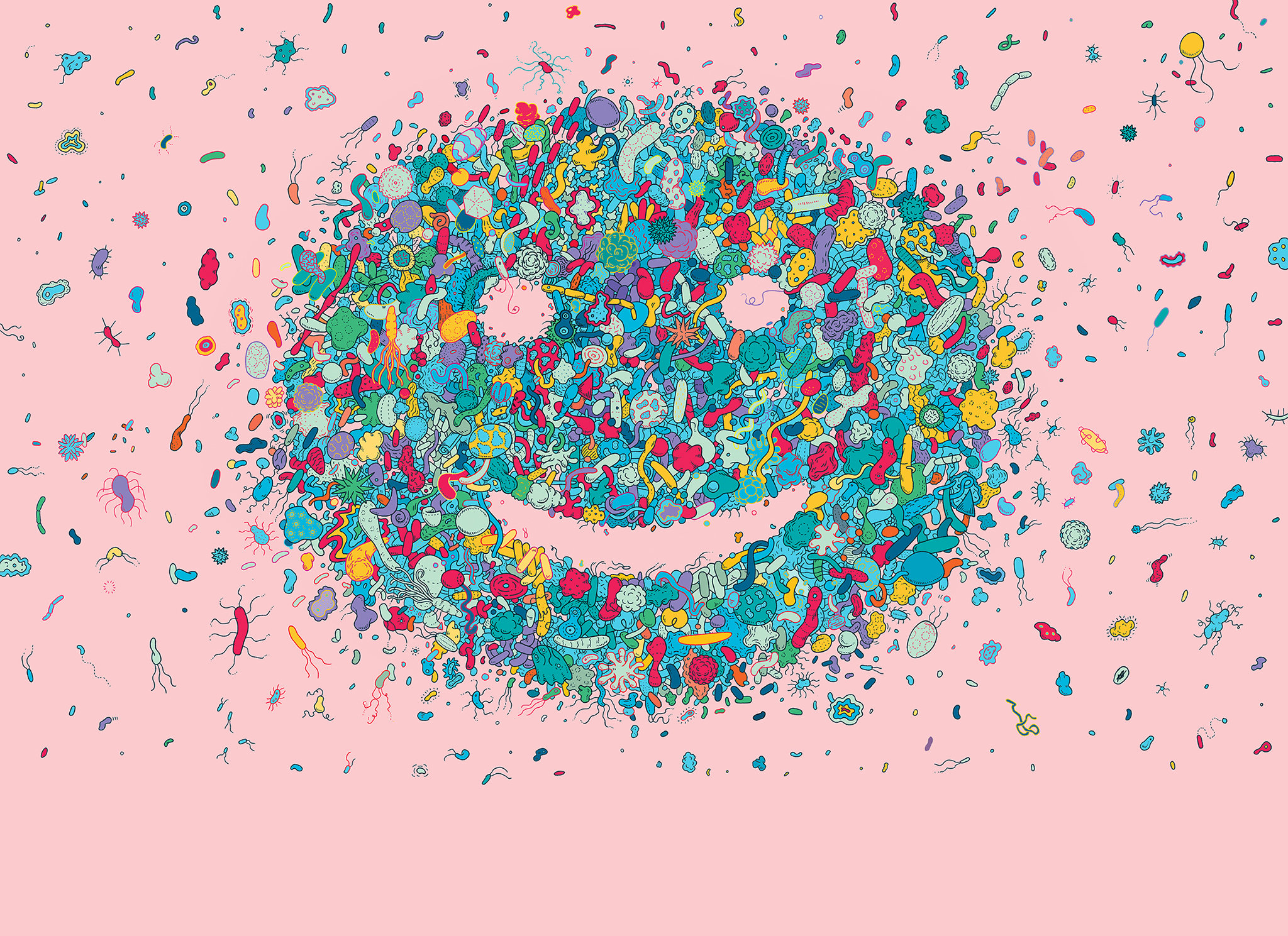Category Archives: gut biome
Health News: Stress Vs Health Food Choices
If you’re trying to lose weight, kick off your diet by relaxing. Stress tinkers with your brain chemistry in ways that make it hard to make healthful food choices and maintain self-control, a new study finds.
Study volunteers who endured a somewhat stressful experience were 24% more likely to choose unhealthful snacks afterward compared with volunteers who hadn’t experienced stress. And researchers think they know why: Brain scans showed that the stressed people had altered neurological connectivity between regions of the brain that process tastiness, make value judgments and plan for long-term goals.
“Being able to regulate and control your decision-making involves this complex interplay between different areas of your brain,” said Todd Hare, a neuroscientist at the University of Zurich and the senior author of the study published Wednesday in the journal Neuron. “There’s not just one region or node [of the brain] that turns on and off to establish self-control; they have to all sync up and work in unison. Stress disrupts that synchrony.”
To figure this out, Hare and his colleagues enlisted 51 male volunteers, all of whom had said that they were trying to eat better and stay fit but that they occasionally indulged in some junk food.
Half the men were randomly selected to undergo a moderately stressful experience: immersing their hands in ice water for three minutes while a researcher videotaped them. The other men put their hands in room-temperature water for three minutes, with a researcher in the room but without a video camera rolling. Afterward, all the participants filled out a questionnaire to rate their level of stress during the experience. Continue.
Can the Bacteria in Your Gut Explain Your Mood
Appeared in NY Times Magazine, June 23rd. By PETER ANDREY SMITH
Eighteen vials were rocking back and forth on a squeaky mechanical device the shape of a butcher scale, and Mark Lyte was beside himself with excitement. ‘‘We actually got some fresh yesterday — freshly frozen,’’ Lyte said to a lab technician. Each vial contained a tiny nugget of monkey feces that were collected at the Harlow primate lab near Madison, Wis., the day before and shipped to Lyte’s lab on the Texas Tech University Health Sciences Center campus in Abilene, Tex.
Lyte’s interest was not in the feces per se but in the hidden form of life they harbor. The digestive tube of a monkey, like that of all vertebrates, contains vast quantities of what biologists call gut microbiota. The genetic material of these trillions of microbes, as well as others living elsewhere in and on the body, is collectively known as the microbiome. Taken
To read more of the article.

